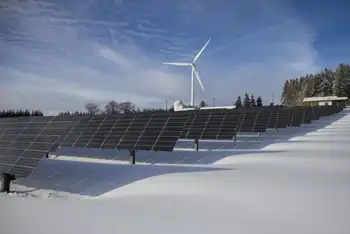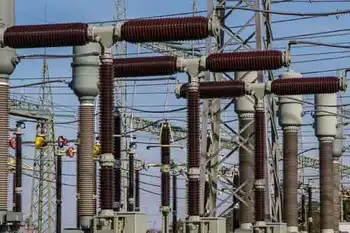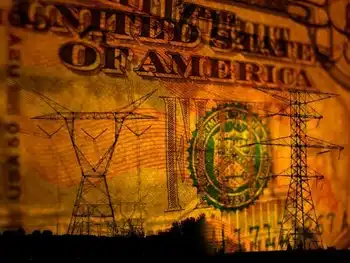India identifies potential sites for nuclear power plants
By Industrial Info Resources
Substation Relay Protection Training
Our customized live online or in‑person group training can be delivered to your staff at your location.

- Live Online
- 12 hours Instructor-led
- Group Training Available
The announcement indicates that India would be able to achieve its target of having an installed nuclear power generation capacity of 20,000 megawatts (MW) by 2020.
Chavan said that the final list of sites would be officially announced after a meeting of the Cabinet for approval of the proposed sites. The sites would be utilized to set up nuclear power parks based on imported light water reactors. Chavan added that the government expected U.S.-based companies to set up nuclear parks at a few of the proposed sites.
The Indian government plans to set up a number of nuclear parks in inland and coastal regions all over the country. Each site will house six to eight reactors. The Koodankulam site in Tamil Nadu is currently being developed in collaboration with Russia, while the Jaitapur site in Maharashtra has been allotted to Areva SA to develop 1,650-MW European pressurized reactors. To ensure a stable fuel supply for the country's reactors, the government is also considering the possibility of acquiring uranium mines overseas.
Chavan added that two joint-venture agreements, one with the U.S. and another with a French firm, have already been signed to produce nuclear power equipment, and several more are likely to be signed in the future. Lars-Olof Lindgren, the Ambassador of Sweden to India, who was present at the conference, said that a high-powered French delegation would visit India shortly and focus on technology transfer related to nuclear energy. Lindgren also offered the services of his country's research scientists and technology, which is rich and has proved to be very safe.
Chavan said that there is no possibility of 100% foreign direct investment in India's nuclear power sector. All private players interested in foraying into the country's nuclear power sector would be permitted to do so only in collaboration with centrally regulated bodies such as Bhabha Atomic Research Centre and Nuclear Power Corporation of India Limited.
Private companies would be permitted to hold only a minority stake in all such ventures. Beginning at 25% to 26%, the private companies' stake could reach a maximum of 49%.
Changes to this rule can be expected only after the government amends the Atomic Energy Act of 1962, which is not likely to happen soon and without any opposition. The act does not permit private-sector participation in the country's nuclear power sector. Almost all of the non-government speakers at the conference demanded modifications to the act to allow greater participation from the private sector.
The draft legislation for amending the act has been drawn up but will be passed only after the Parliament resumes work after the upcoming elections. The Nuclear Draft Liability Bill is also ready and is expected to be passed once the new government comes into office.
At this stage, the central government intends to have a strong regulatory mechanism in place to regulate the country's nuclear power generation. Such measures would be necessary to ensure that the central government has complete control over nuclear power generation processes in the country.











